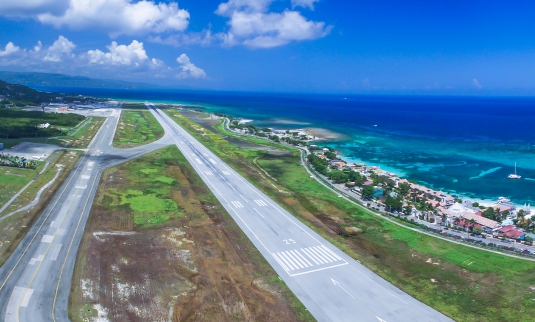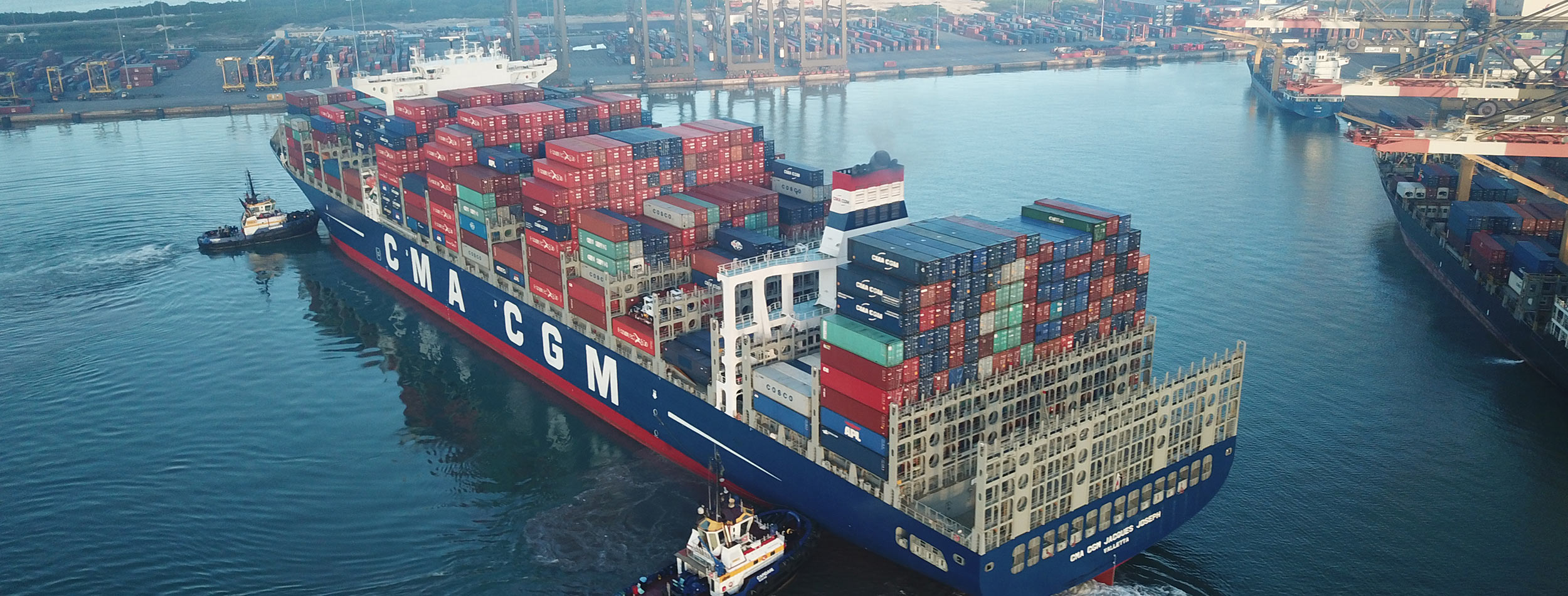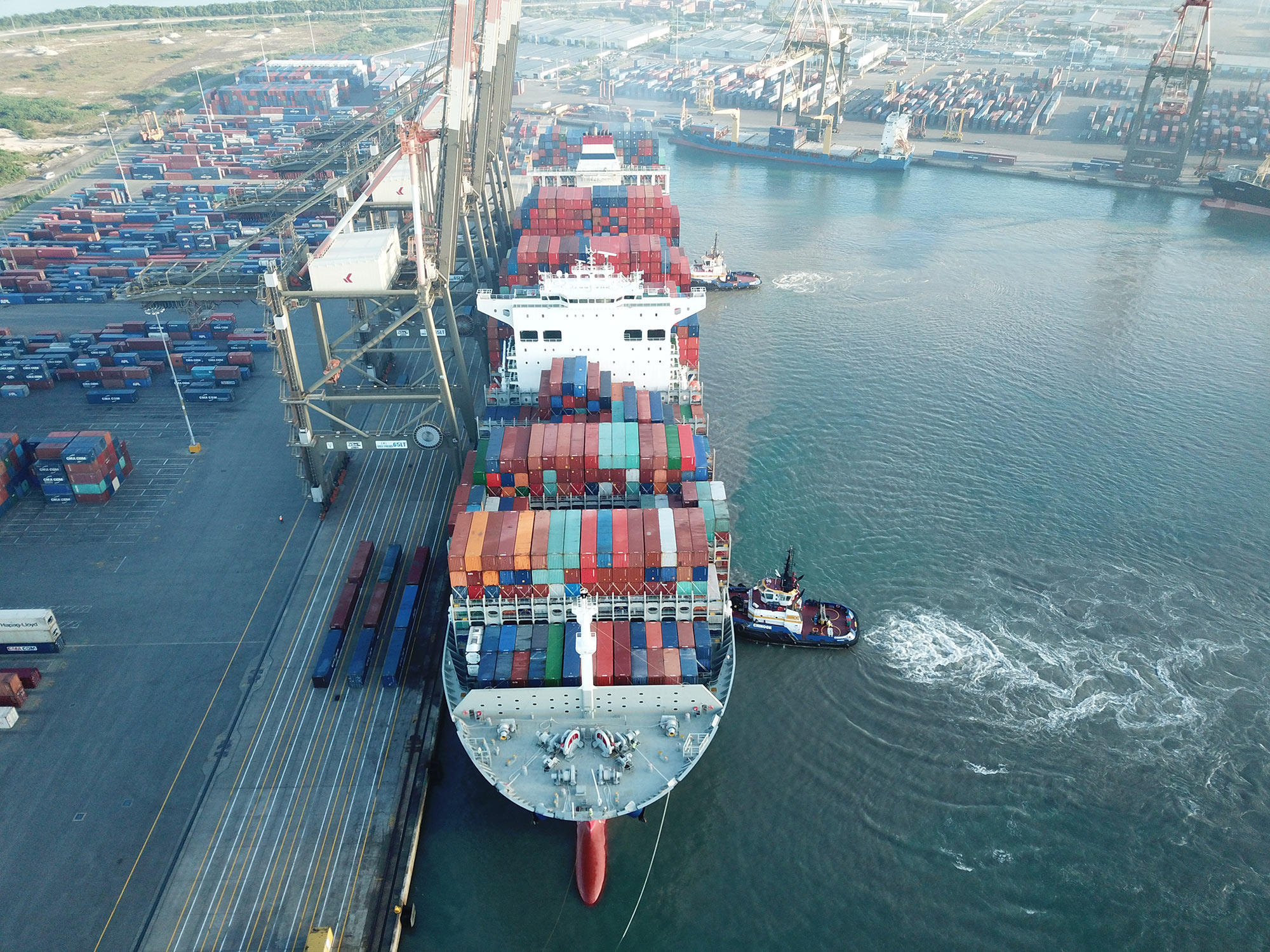Jamaica, and other Small Island Developing States (SIDS) in the Caribbean, are especially vulnerable to climate change. This is due to:
- The location of the Caribbean – within the “hurricane alley” of the Atlantic;
- The geographic nature of the islands – typically characterised by small land masses with mountainous inland areas and narrow coastal plains, combined with large population concentrations and infrastructure located in these narrow coastal areas;
- A limited economic base and dependency on natural resources – this results in a very limited financial, technical and institutional capacity for adaptation.
Because of this heightened vulnerability [as detailed in Chapters 1 and 2 of the Jamaica report, and summarized below], development of climate change adaptation strategies and policies are of paramount importance to Jamaica at this time in its planning framework.

The criticality and importance of the transportation sector to Jamaica is without question, as is the vulnerability of those same facilities, which are to be found along the coastline. It is therefore crucial that potential climate change impacts for these facilities be properly understood, and that adaptation strategies and a comprehensive procedure for their strategic implementation be developed in tandem.
The case study report on Jamaica incorporates the following steps:
- In Chapter 2, Jamaica as a nation is described for the general reader in terms of its geography, its population, its economy and its social issues.
- A thorough review of the State of Jamaica’s Climate is undertaken in Chapter 3 to develop an understanding of the current climate conditions in the island, the climate trends as they have existed up to this point, and the future climate projections based on current climatic modelling.
- Four key transportation facilities (Norman Manley International Airport (NMIA), Sangster International Airport (SIA), Kingston Freeport and Container Terminal (KCT), Historic Falmouth Cruise Port (HFCP) have been selected and are detailed in Chapter 4, to ascertain the criticality of each to the nation. The facilities themselves have been studied to properly understand their operations and throughput.
- In Chapter 5 the facility vulnerability to climate stressors has been assessed, taking into account the methodology (which was developed in tandem with the case studies) and using facility operational thresholds, to assess the extent of disruptions and costs associated with each particular climate stressor. Also assessed was the vulnerability to marine flooding of the key international transportation assets that were the focus of this study.
- Finally, potential Adaptation Strategies are presented on a facility basis as well as on a national level.






